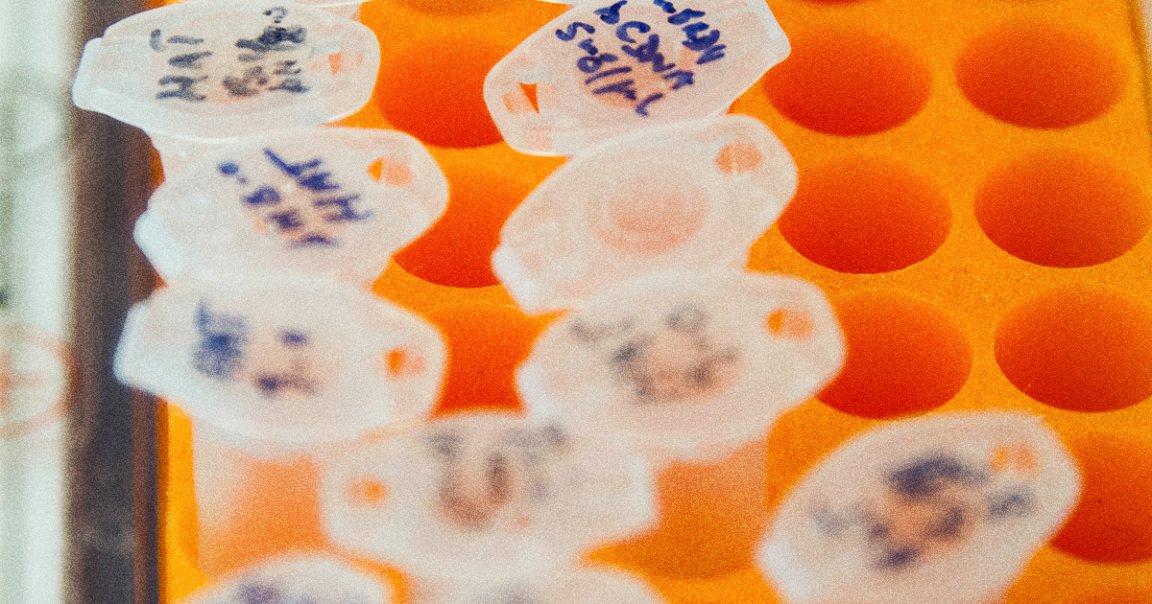
A Florida man named Jared Vaughn was recently charged with rape after he bought a consumer DNA kit, uploaded his genetic code to a genealogy tracing web site, and, unbeknownst to him, matched to a DNA sample taken from when he allegedly assaulted a college student back in 2007, Insider reports.
“It has taken 14 years for resolution in this case, but it’s something that was important to us and was important to the victim, to get some closure in this case,” Tampa Police assistant Chief Ruben Delgado told Fox 13.
The victim said that she was intoxicated walking back home to her dorm room at the University of Tampa when a man now identified as Vaughn, who was 30 at the time, offered to walk her home and assaulted her once they arrived.
DNA samples gathered at the time went unmatched until Vaughn’s code appeared on the site, and the match was subsequently confirmed after police conducted a follow-up test.
“Our success depends on info found in public genealogy databases, where participants — and this is important — must opt-in for law enforcement matches,” Florida state trooper Mark Brutnell told Fox 13.
DNA testing for law enforcement presents a thorny challenge. In this case, the suspect uploaded his own samples and seemingly accepted that it could be used by police — or at least failed to opt out.
But suspects can also be implicated in crimes after their relatives upload their own samples, subjecting them to genetic surveillance without their consent.
It’s difficult to praise a technology and platform that gives law enforcement vast surveillance powers over the public based on our genetic codes for solving a cold case, though it’s a relief to know that someone who certainly seems to be guilty of a heinous crime was apprehended. But the difficult ethical questions of surveillance and the right to genetic privacy aren’t going away any time soon.